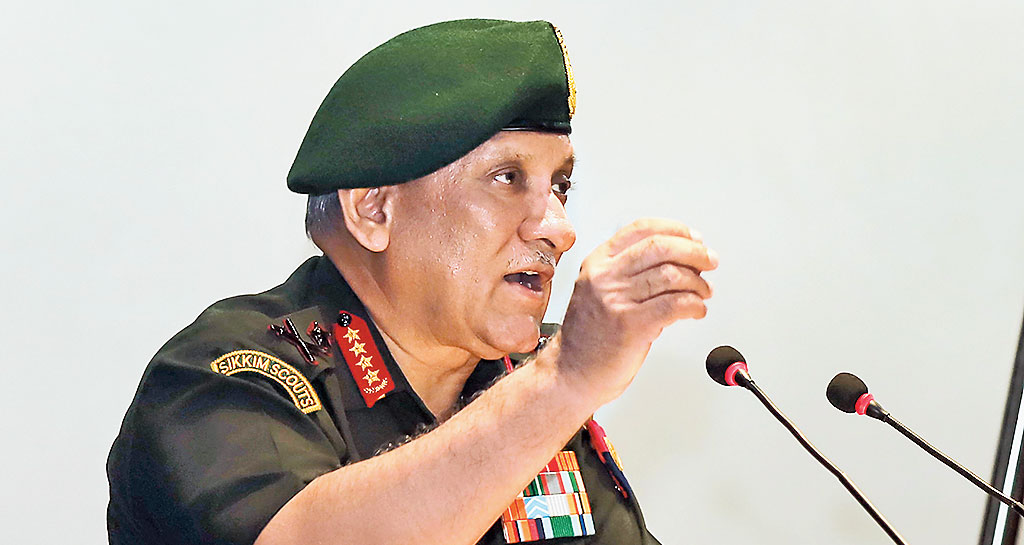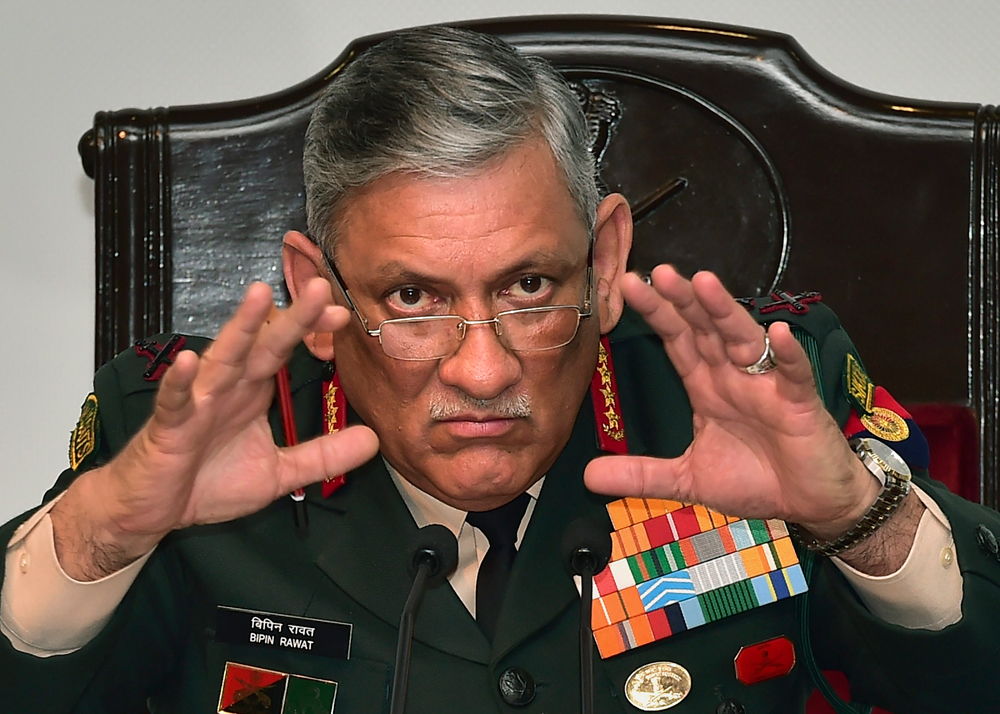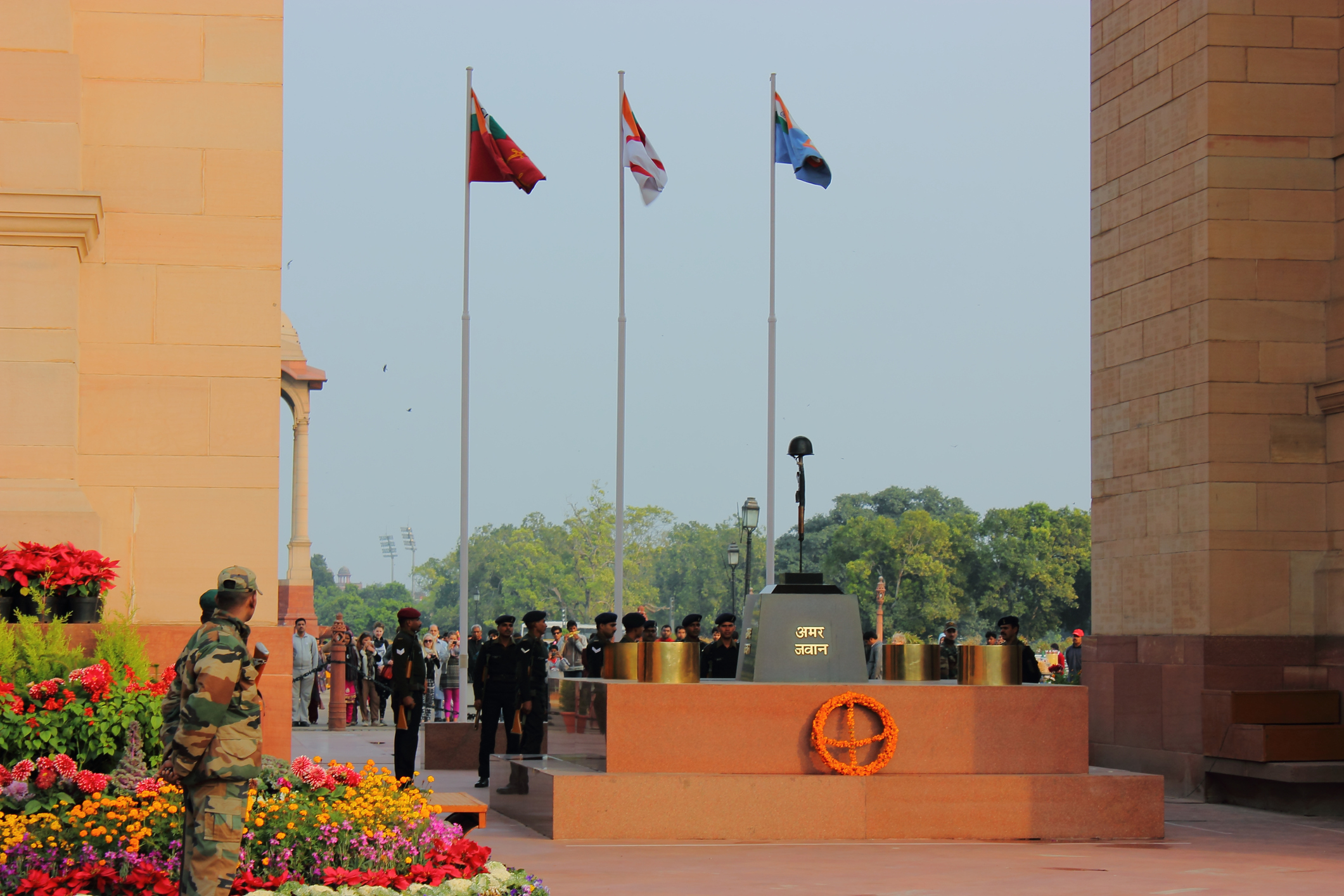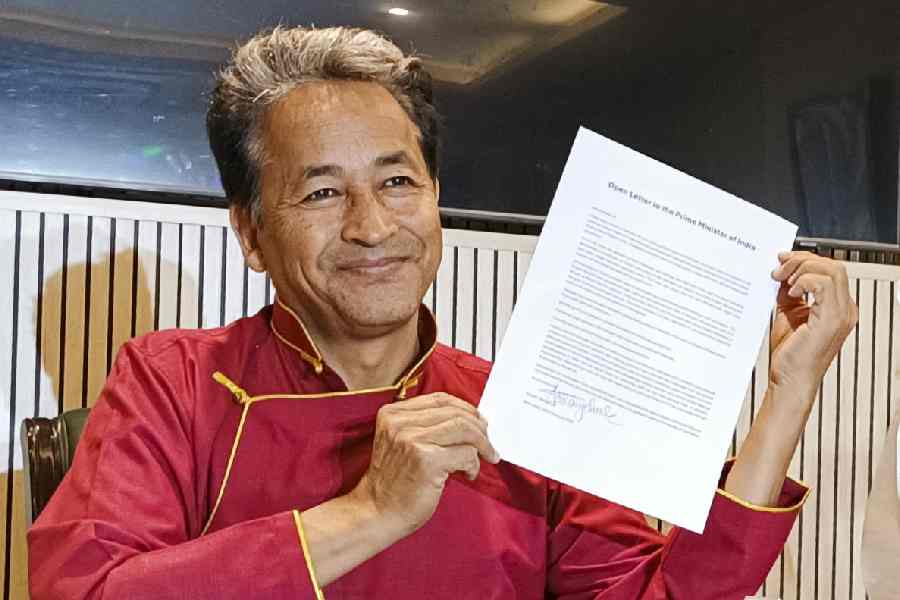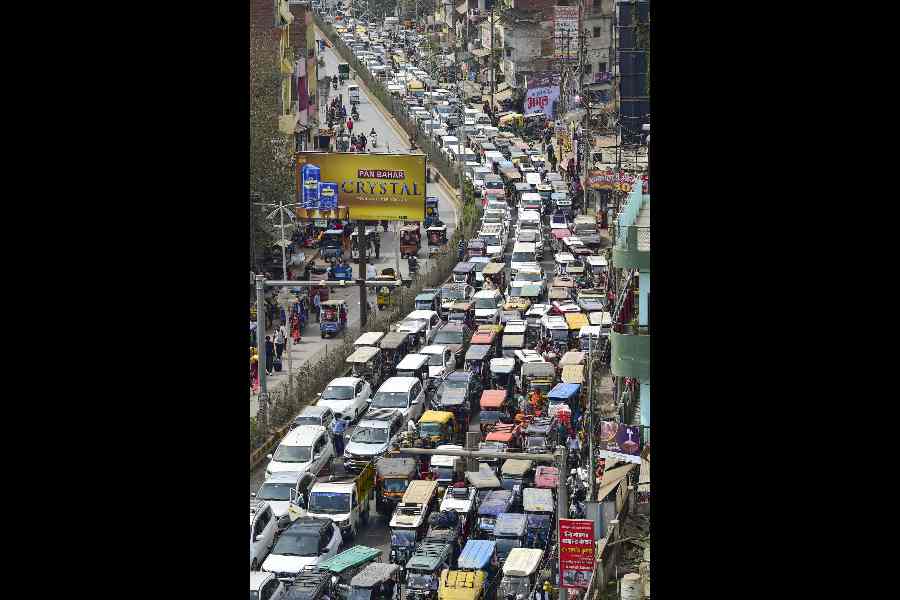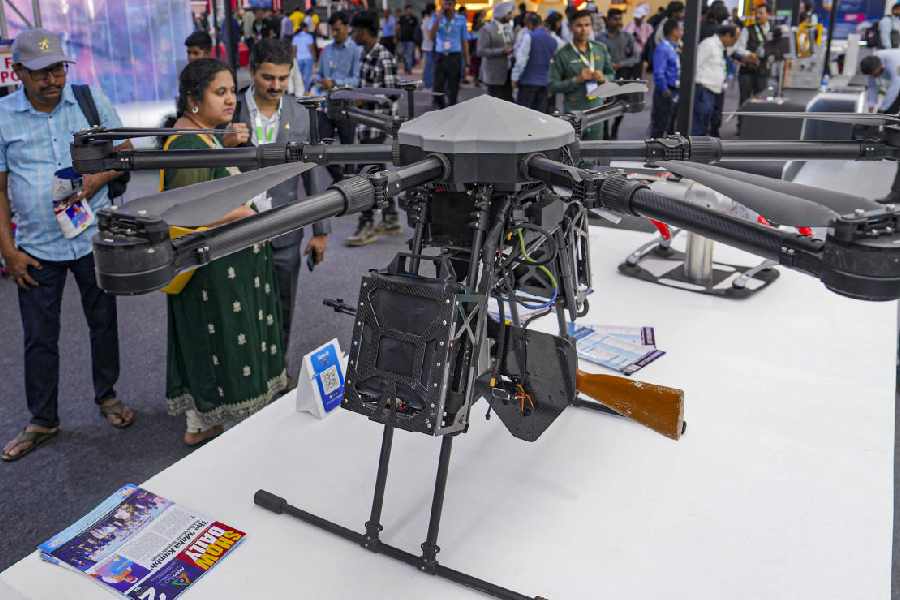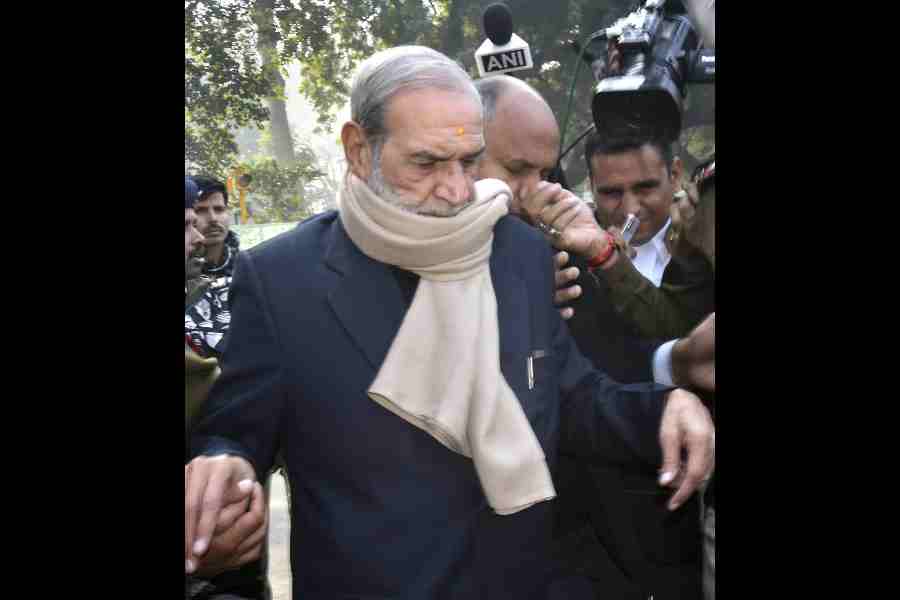The government has finally taken the decision to transform the higher defence management by appointing a chief of defence staff. For his empowerment, it has taken the momentous step of creating the department of military affairs. The CDS is a four-star general with a salary equivalent to that of the service chiefs, higher in protocol to the defence secretary and head of the new DMA. He will be the single-point military adviser to the government and will have the powers of a secretary-level officer empowered to send cases directly to the defence minister. The army, navy and air force rules have been amended to allow the tri-services chief to serve till 65 years of age. His primary mandate will be to enhance synergy and promote joint procurement, training, staffing and restructuring, ensuring the optimal utilization of resources and assets.
The creation of the DMA in the ministry of defence with the CDS as its head was crucial for functional effectiveness. This must be viewed as the government’s clear intent to further empower the armed forces to make them more effective and enhance their capability by sharpening coordination and the level of synergy.
The group of ministers set up after the Kargil war in 2001 had recommended comprehensive changes in higher defence management including the creation of the CDS’s post and the integration of the service headquarters with the MoD. In 2011, the Naresh Chandra committee and later in 2016-17, the Shekatkar committee gave similar recommendations. Reportedly, even the three service chiefs recommended a permanent chairman of the chiefs of staffs committee. It is owing to the vision and resolve of the prime minister that, going beyond the concept of appointment of a permanent chairman, COSC, the decisions regarding the post of the CDS and creation of the DMA were taken.
The MoD has five departments, each headed by a secretary rank officer: for example, the department of defence is headed by the defence secretary, the department of research and development is headed by the Defence Research and Development Organization chief and so on. The defence secretary is considered the senior-most among all secretaries. The vice-chief of the army staff and army commanders are equivalent to the defence secretary, and service chiefs are senior to the defence secretary in protocol.
Now a sixth department has been created, which will function under the CDS. The DMA will deal with issues that relate exclusively to military matters, while the department of defence will now deal with the larger issues pertaining to the defence of the country. As head of department, the CDS will now be answerable to Parliament. As per existing protocol, the defence secretary is responsible for the defence of the country; this responsibility now has to be with the defence minister; the allocation and transaction of business rules, 1961 needs to be amended accordingly.
The DMA will deal with the three service headquarters, including the Integrated Defence Staff and Territorial Army. The IDS should ideally form the nucleus of the DMA with proper staffing from all levels of civil officials from the five MoD departments. Procurement exclusive to the services, except for capital acquisitions, will be handled by the DMA. Capital acquisitions will continue to be dealt with by the department of defence. However, for better coordination and the optimal utilization of meager budgetary allocations, these must be routed through the DMA because the CDS will also be permanent chairman, chiefs of staff committee. He will play a major role in the evolution and implementation of the long-term capability development plan and assigning inter-services prioritization. He will have to prioritize inter-service projections within the allocated budgetary support. He should have power to arbitrate where service chiefs have different views.
The CDS will not exercise military command over the three service chiefs. He will administer tri-services organizations but their military command will be with the chief of the duly notified service. He should also be the primary link in the chain of nuclear command.
He is to be member of the Defence Acquisition Council and Defence Planning Committee. Ideally, the director general, Acquisition should report to him so that all acquisitions can be vetted to avoid duplication and ensure prioritization of requirements of the three services. This will help him in his pivotal role in the long-term capability development plan of the three services, assigning inter-services priority in the capital budget.
One of the most challenging tasks is to bring about joint functioning in operations, logistics, transport, training, support services, communications, repairs and maintenance of the three services within three years of the first CDS assuming office. He will also be responsible for evaluating plans for out of area contingencies as also other contingencies, such as humanitarian assistance and disaster relief. He should be on the advisory panel of National Disaster Management Organization to ensure better synergy in the employment of national resources.
He will have to work very closely with the service chiefs to build consensus on upcoming reforms. The nation has seven army, seven air force and three naval commands. As a main driver, he will have to conceptualize the roadmap for placing all assets of the three services in a geographical region under one command as an integrated land-air-sea battle machinery prepared for future wars. He must get the heads together to formulate a national security doctrine.
Now it is important that the three services and the civil bureaucracy in the MoD set aside suspicion and ego, rise above turf battles and provide assistance to the new appointment for a genuine transformation. The defence minister must ensure proper staffing of the DMA, comprising officers from the three services and civil officials from various departments of the MoD. Given the past record of stone-walling of changes in the MoD, reforms of this magnitude will require a very strong political will to ensure that the nation has an empowered CDS heading an efficient DMA drawing on resources from the existing five departments of the MoD.

